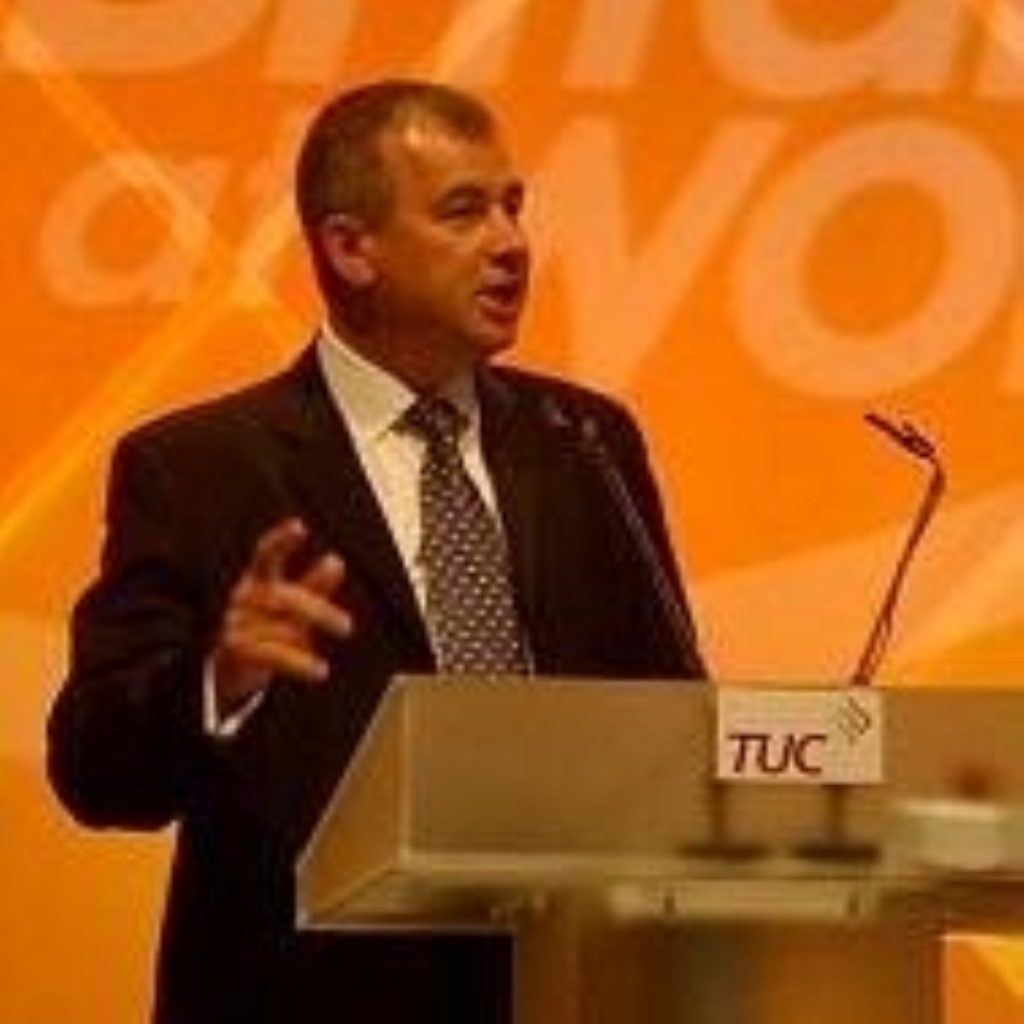Union chief warns UK faces ‘historic’ turning point
By Ruth Mckee
The government will face further financial disaster if it does not change course, TUC general secretary Brendan Barber warned today.
The union chief warned Britain is at a "historically important turning point" in a lecture today proposing an alternative 'Plan B' to the government's harsh regime of deficit-centric spending cuts.
Mr Barber slammed the government's current tactics and demanded a complete reversal of their current economic plan.


"There's no rule that says we need clear our deficit in a single parliament – indeed the impression I get that policy is being driven not by necessity but by ideology and by the electoral timetable. And that's just bad economics," Mr Barber told his audience at the University of Liverpool.
Criticising the government's decision to tackle the deficit through cutting back on public spending, Mr Barber's alternative Plan B would tax higher earners more rather than targeting "the poorest and most vulnerable," which, he argues, is what the current public sector cuts are doing.
"We need a fairer balance between spending reductions and tax rises – so that those with the broadest shoulders, the people who did best from the long boom, pay a fair share," he added.
Mr Barber repeated his calls for a 'Robin Hood tax' to be levied on the vast flows of capital that circulate through the money markets which he claims would generate tens of billions of pounds for the UK economy.
As well as demanding that more be done to 'get Britain back to work' the union leader called for the creation of a specific bank, which would "provide the capital for small and medium-sized businesses for projects to green our economy, and for transport, energy and housing schemes".
Such a bank could be capitalised through a new round of quantitative easing, he suggested.
Mr Barber's latest attack on the government comes as his organisation prepares for the 'TUC Day of Action' on November 30th when up to three million workers will take part in stoppages, meetings and rallies in protest over the government's decision to cut public sector pensions.

